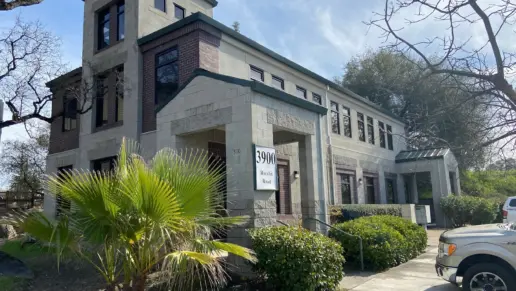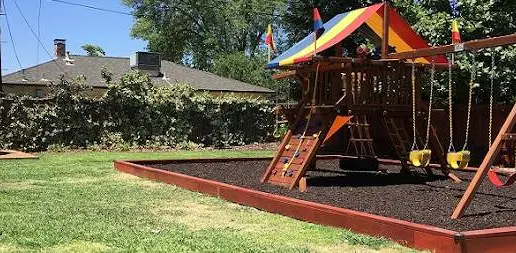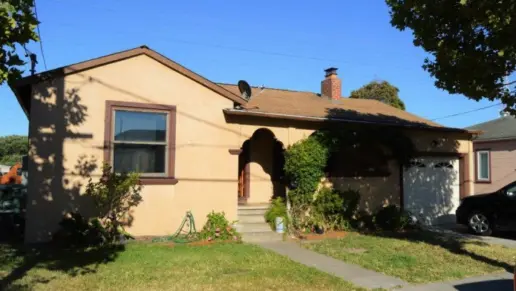I graduated from a 90 day program here 20 yrs ago. I would not be here if it wasn't for the people and counselors that helped me . I was able to keep my baby with me and work the program. My daughter will be 21 in a few months . Thank GOD I made it .
About St. John of God
St. John of God provides assistance to those who are struggling with addiction, poverty, and abuse issues in Victorville, California. St. John of God offers detox, residential treatment, and transitional living homes.
The detox program at St. John of God is a seven day process that is monitored by staff. There are no medications offered or medical assistance during this detoxification process. To qualify, an individual must be substance free for the last 24 hours.
The residential program at St. John of God is a highly structured program for those needing high levels of care and support. The purpose is to first stabilize mental and physical well being so that ongoing treatment can take place. Treatment includes individual and group therapy. This program can last either 90 days or 150 days. The center has 66 beds available for men and women and 16 beds for children ages 0 -5 who need to accompany a parent to treatment.
Transitional Living homes are for individuals who want to continue to work on their recovery while living in a community that supports a sober and clean lifestyle. During your stay, addiction recovery is continually addressed through various programs and treatment methods. The length of stay is up to one year.
Individual therapy creates the space to explore the psychological challenges associated with addiction. With the help of a professional, individuals are given the space and direction to talk about and process their emotions. Often, this includes unresolved trauma, anger, depression, anxiety, and the need for more control or autonomy in life.
Group therapy involves treatment through the process of connecting in a group setting to discuss and work through mental, emotional, and physical issues. There are a number of different group therapy modalities, including support groups, experiential therapy, and psychoeducation.
St. John of God offers continual care and support to alumni. Additional referrals may be available for clients who require acute treatment.
St. John of God offers self pay and financing options. The center may be in network with Aetna, Beacon, BlueCross/BlueShield, Cigna, Humana, Optum, and Wellpoint. Please check with your insurance provider for coverage and out of network benefits information.
Facility Overview
Rehab Score
Gallery
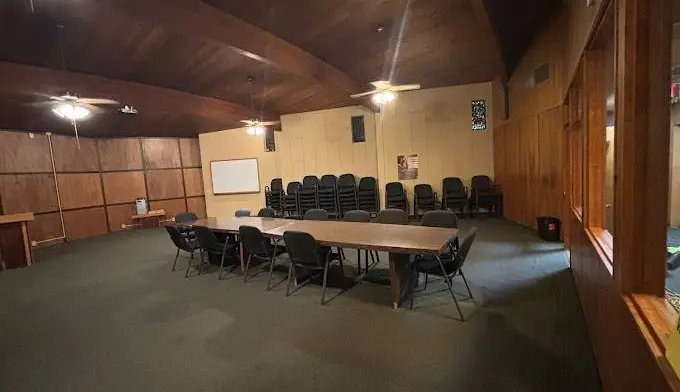
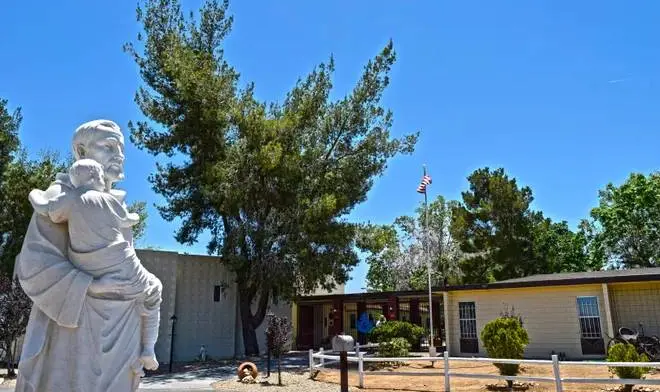
Location
Other Forms of Payment
Self-pay involves paying for treatment out of your own pocket. You can use savings or credit, get a personal loan, or receive help from family and friends to fund your treatment. If you don't have insurance or your insurance plan doesn't cover a specific program, self-pay can help ensure you still get the care you need.
Medicare is a federal program that provides health insurance for those 65 and older. It also serves people under 65 with chronic and disabling health challenges. To use Medicare for addiction treatment you need to find a program that accepts Medicare and is in network with your plan. Out of pocket costs and preauthorization requirements vary, so always check with your provider.
Medicaid is a state based program that helps lower-income individuals and families pay for healthcare. Medicaid covers addiction treatment so those enrolled can use their coverage to pay for rehab. When a program accepts Medicaid the client often pays very little or nothing out of their own pocket.
Addiction Treatments
Levels of Care
Treatments
The goal of treatment for alcoholism is abstinence. Those with poor social support, poor motivation, or psychiatric disorders tend to relapse within a few years of treatment. For these people, success is measured by longer periods of abstinence, reduced use of alcohol, better health, and improved social functioning. Recovery and Maintenance are usually based on 12 step programs and AA meetings.
Drug rehab in California teaches participants constructive ways to stay clean and sober. Treatment revolves around helping individuals stop using the substance they are addicted to and learn healthy habits to avoid relapse.
Opioid rehabs specialize in supporting those recovering from opioid addiction. They treat those suffering from addiction to illegal opioids like heroin, as well as prescription drugs like oxycodone. These centers typically combine both physical as well as mental and emotional support to help stop addiction. Physical support often includes medical detox and subsequent medical support (including medication), and mental support includes in-depth therapy to address the underlying causes of addiction.
Substance rehabs focus on helping individuals recover from substance abuse, including alcohol and drug addiction (both illegal and prescription drugs). They often include the opportunity to engage in both individual as well as group therapy.
Programs


Clinical Services
Group therapy is any therapeutic work that happens in a group (not one-on-one). There are a number of different group therapy modalities, including support groups, experiential therapy, psycho-education, and more. Group therapy involves treatment as well as processing interaction between group members.
In individual therapy, a patient meets one-on-one with a trained psychologist or counselor. Therapy is a pivotal part of effective substance abuse treatment, as it often covers root causes of addiction, including challenges faced by the patient in their social, family, and work/school life.
Amenities
-
Private Setting
Contact Information
13333 Palmdale Road
Victorville CA, 92392
